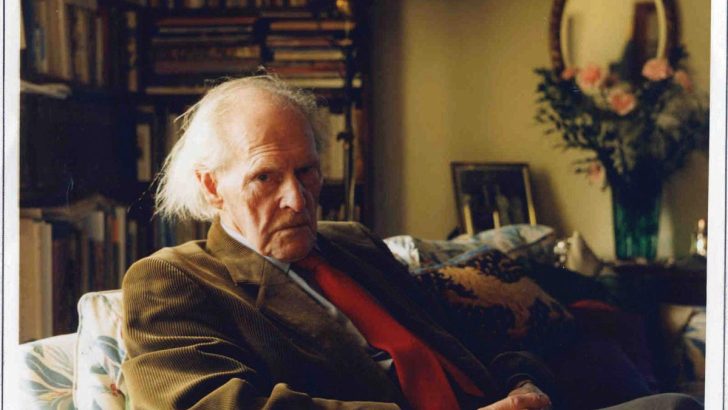The Saint Mary’s Book of Christian Verse Chosen and introduced by Edward Short , with a foreword by Dana Gioia (Gracewing, £20.00 / €23.50)
Edward Short is a writer and teacher who lives in New York City, and is already well known for his books relating to St John Henry Newman. This book sees itself as a successor to an earlier anthology by Donald Davie of Christian verse for Oxford University Press.
But the title may be found misleading by readers, or perhaps merely ambiguous, but certainly ill thought-out. What this handsome book contains is verse by Christian poets in English, largely by English poets. Christian poets of other cultures, who write in English, have no place here.
It certainly demonstrates, I feel, a misapprehension of poetry written in these islands by those poets who write in English. It is for Irish readers the old familiar confusion of English with British.
It will be enough to say there is nothing here by John F. Deane or Seamus Heaney, though Patrick Kavanagh gets a look in while his contemporaries such as Robert Farren do not.
There is nothing by the Welsh poet R. S. Thomas, nothing by Canon Andrew Young, the Scottish-born poet. Both were ordained Anglican ministers. Young’s long poem Out of the World and Back, which “describes the journey of a soul into the shades”, is a distinctly Christian work. For all his ruggedness of face and mind, Thomas passed his life as a poor parish pastor, yet his later volumes sold an average of 20,000 copies, and he was nominated for the Nobel Prize.
Supplies
But Short supplies any number of English poets, many of them from the 19th century, thus contemporaries of Newman. There is nothing from the pen of Helen Waddell. No translation from the Old and Medieval Irish, many of which are now very well established in the English language as poems in their own right.
I may well seem merely crabby and captious, and these comments seen as unfair. The book certainly contains a great deal of fine poems some very familiar and much loved, others much less familiar but still deeply affective.
But still the horizon of the book seems limited. The author alludes to Donald Davie’s OUP anthology Christian poetry of the 1980s, reissued in 2003. But I would also draw attention to The Oxford Book of English Mystical Verse (1924), a much older but still excellent compilation. And that opens, by the way, with The Song of Amergin, with which the poetry of these islands begins. Short prefers Caedmon.
In any case anthologies can be seriously misleading. In the 1920s Robert Graves refused to have his poems used in anthologies, after his early poem In the Wilderness, about Christ in the Wilderness being followed by the Scapegoat, gave (he felt) a very false impression of his total work, even then deeply imbued with Celtic mythology.
A book such as Palgrave’s Golden Treasury is still often used for introducing the work of poets, but no one should imagine that they get a correct and full idea of a poet’s whole work from three or four poems in an anthology. Edward’s Short’s anthology will also serve a teaching role very well, but it provides a very limited idea of the extent of Christian verse in these islands since the time of St Patrick, or whoever it was that composed The Deer’s Cry, with which the Christian poetry in these islands could be said to begin.


 Peter Costello
Peter Costello Welsh poet and Anglican
priest RS Thomas.
Welsh poet and Anglican
priest RS Thomas. 